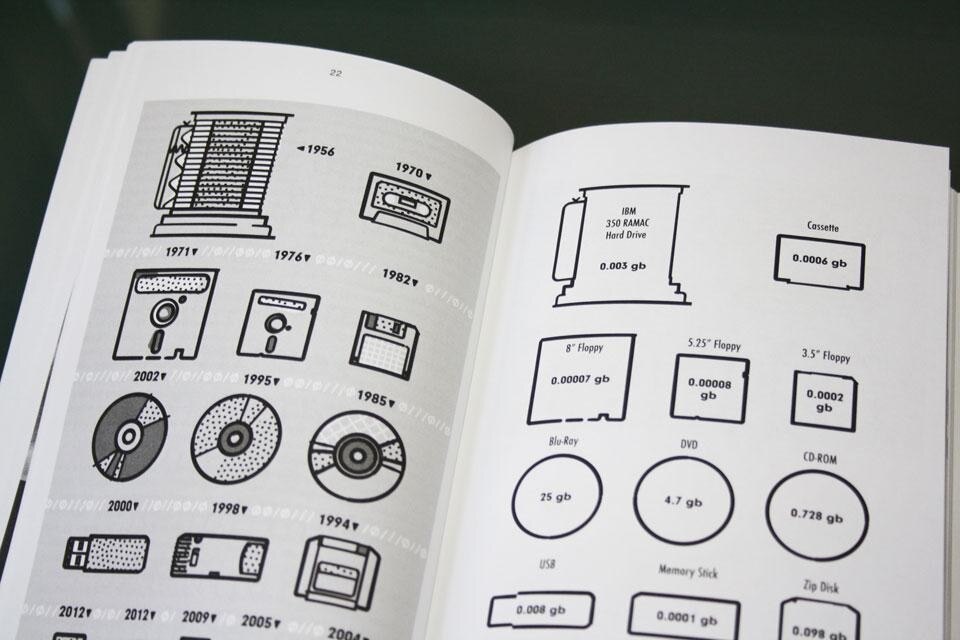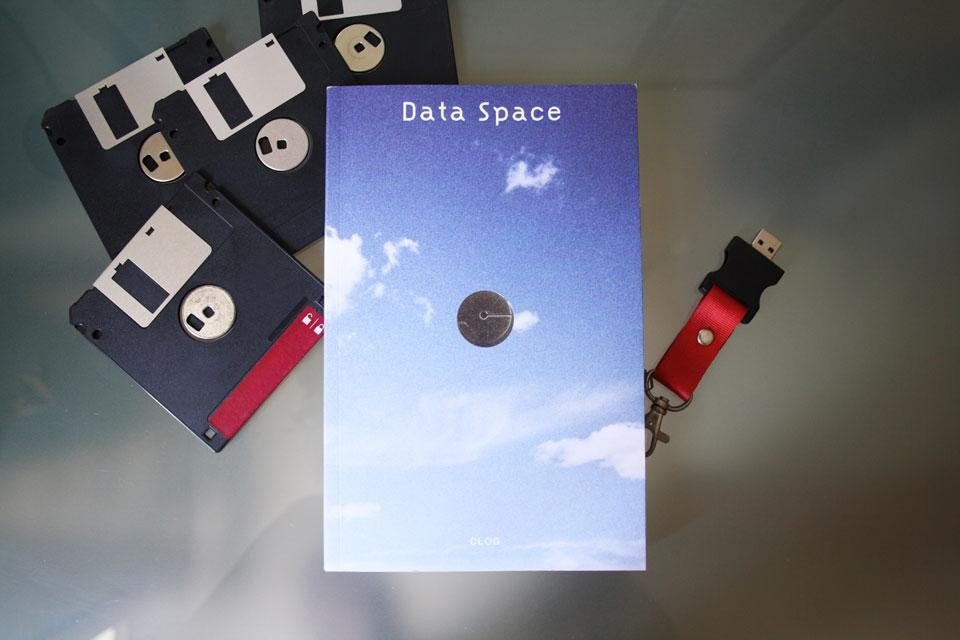"Over two billion people across the world use the Internet regularly. Every second, 2.8 million emails are sent, 30,000 phrases are Googled, and 600 updates are tweeted." This is the first quote you read when opening CLOG: Data Space, raising awareness to the importance of the selected topic for their third publication. This brings to mind Alison Smithson's 1972 words — "record is made for some reason, some use, some need; as yet unformulated at the time of its inception" —, as if she was anticipating this new era, when most of our work and even of our relationships have a permanent space on "the cloud", we recognize the need of recording everything, which is more and more present in our everyday life.
Another need follows the urge to record and collect: Where to store all these bytes?
This is clearly represented by Alexis Madrigal as he writes about "groups of servers clustered together like neurons, connected by electricity and organised according to some gravity-live principle, the network effect." But what physical space can hold all these servers? How do we interact with them? We can find some answers in the essays reunited in Data Space. Digital preservation has become not only an economic issue, but a response to an immanent part of our lives; in this context it's interesting to realize not only the economical implications of the architecture of data, but also the political ones.
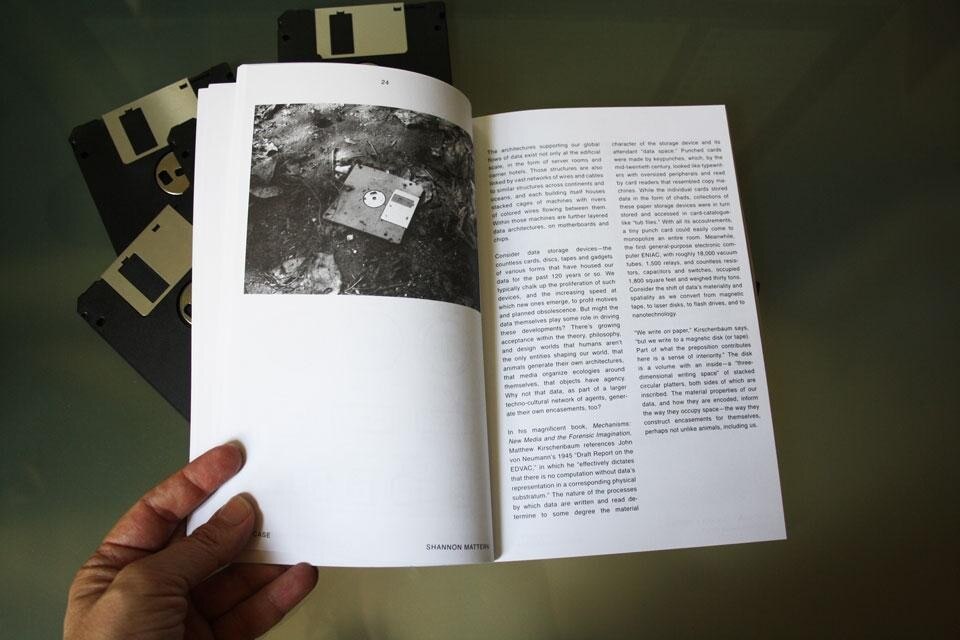
We can also talk about scale. If data space is defined by the physicality of the storage of all the terabytes produced in the world, we can see also how fast storage facilities have changed in the past ten years. Beyond the concept of "building", we can start our reflections with storage devices, such as CDs, floppy disks, USB through the smallest microSD, all presented in an infographic by Damien Correll on the digital capacity of this devices, which brings to mind the Lost Formats Preservation Society projects or the Data Thanatology project.
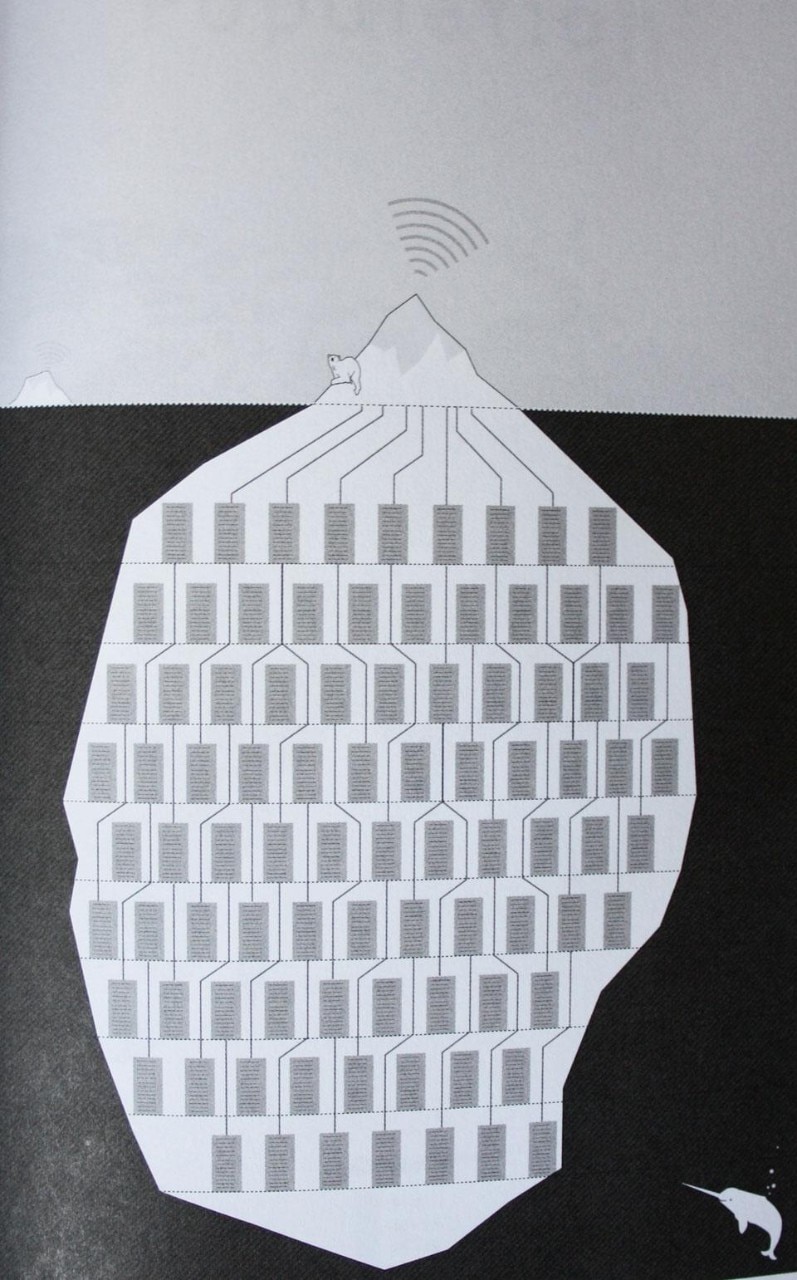
The value of CLOG: Data Space goes beyond a compendium of interesting essays. Suddenly, when your mind is wandering and absorbing all this information, there are contributions full of poetry, which use another kind of language, much needed in such kinds of publications
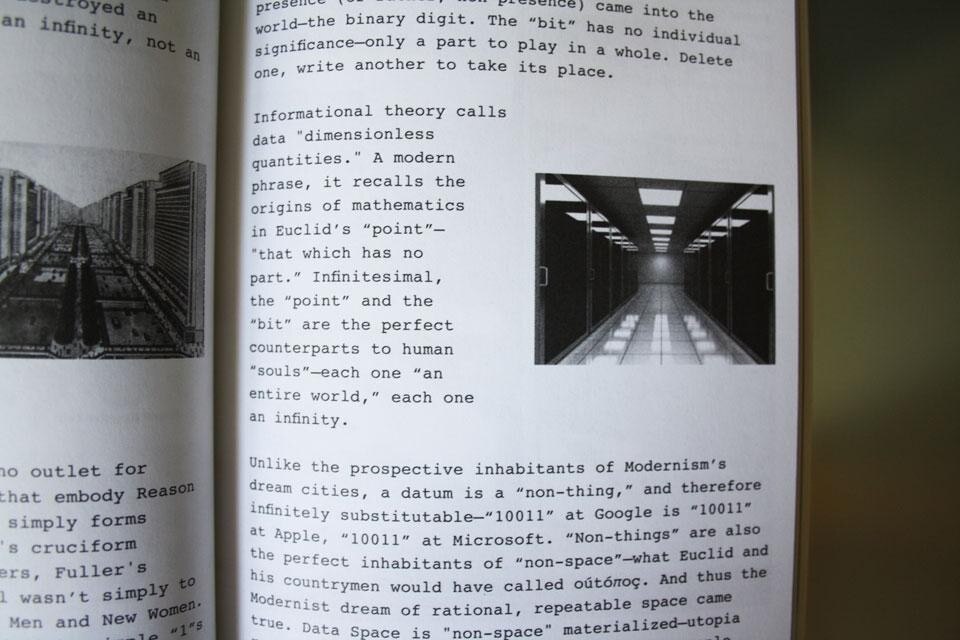
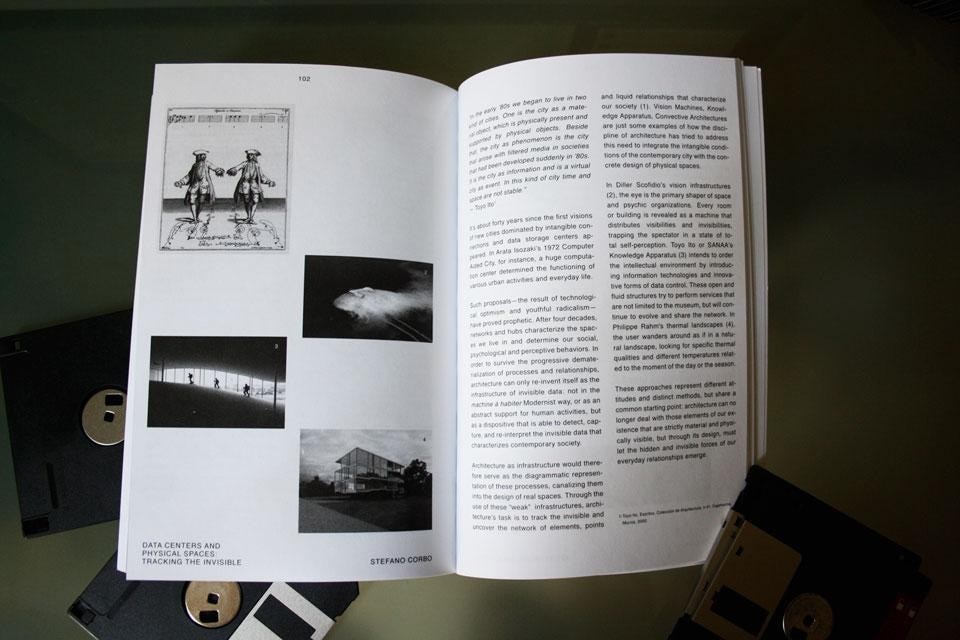
As Michel Foucault wrote in Other Spaces: Utopias and Heteritopias, "we are in the age of the simultaneous, of juxtaposition, the near and far, the side by side and the scattered." Ethel Baraona Pohl (@ethel_baraona)
